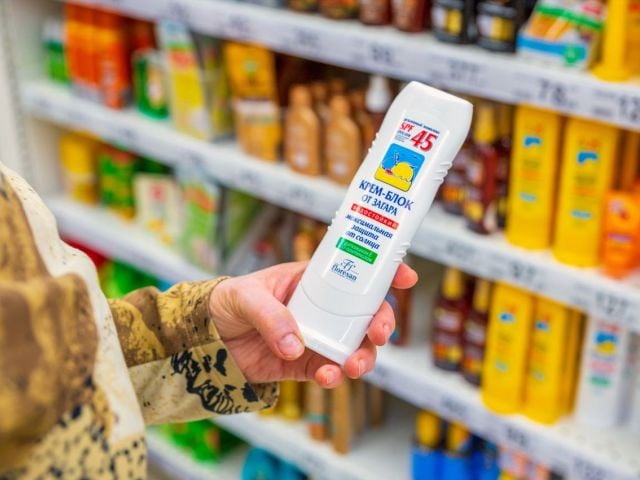WASHINGTON – A determination by top cancer authorities will rule that aspartame, a common sweetener in sodas and food, is “possibly carcinogenic to humans,” according to sources familiar with the expected announcement.
The decision was made by the International Agency for Research on Cancer, or IARC, an arm of the World Health Organization. The announcement was intended for July 14 but was leaked to Reuters, which reported the news today.
Aspartame, an artificial, low-calorie sweetener, is used in many processed foods as an alternative to sugar. Since 1980 it’s been labeled safe to consume by the Joint WHO and Food and Agriculture Organization’s Expert Committee on Food Additives.
Below is a statement from Homer Swei, the Environmental Working Group’s senior vice president, Healthy Living Science:
For years we’ve known that artificial sweeteners like aspartame are harmful to human health. They’re associated with an increase in Type 2 diabetes and soaring obesity rates. And they’ve recently been linked to an increased risk of cardiovascular disease. We suspected aspartame might be a carcinogen as well, but this determination unequivocally solidifies that concern.
The Food and Drug Administration should take seriously these latest troubling findings, which could put consumers, particularly children, at greater risk of cancer.
For decades, the FDA has allowed chemical companies to decide whether most food chemicals, including artificial sweeteners, are safe. And there’s no requirement for the FDA to double-check the safety of food chemicals, even when new science shows evidence of harm.
The IARC decision comes amid increasing scrutiny of artificial sweeteners and other food chemicals.
Aspartame is widely used in food, beverages, oral pharmaceutical products and certain personal care products marketed to adults and children. EWG’s Food Scores database provides a comprehensive list of those products for concerned consumers who may want to avoid exposure to the artificial sweetener for themselves and their families.
###
The Environmental Working Group (EWG) is a nonprofit, non-partisan organization that empowers people to live healthier lives in a healthier environment. Through research, advocacy and unique education tools, EWG drives consumer choice and civic action.



